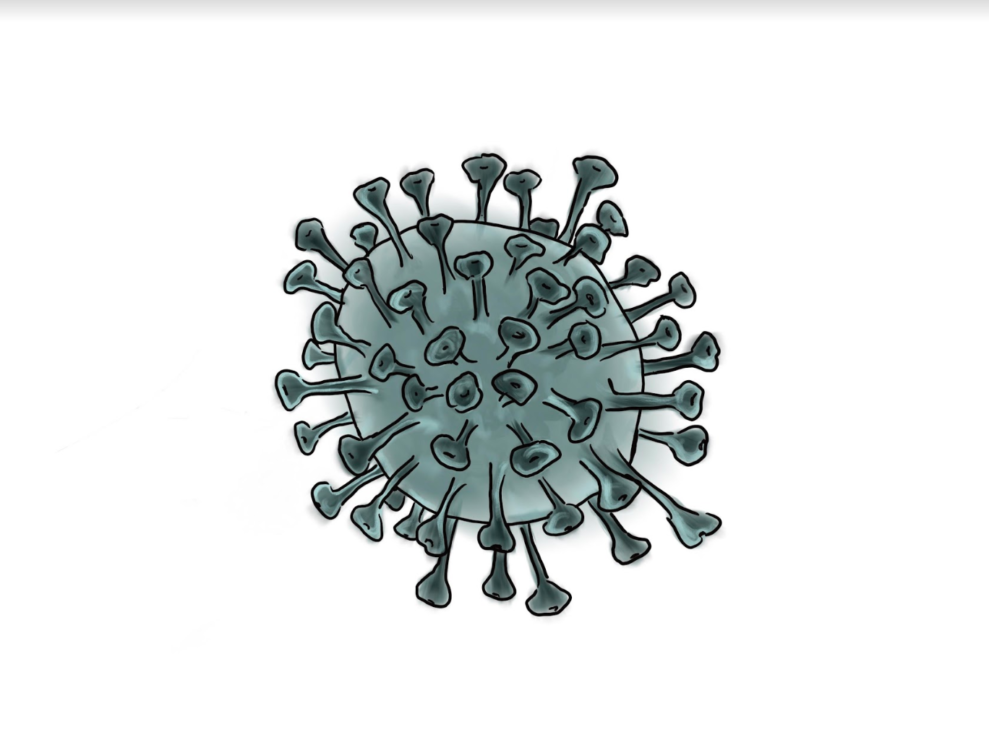The high-risk results of pandemic panic

As human beings, it’s in our nature to be afraid of the unknown. Not having a sense of control or grip on a situation that affects millions of individuals across the world, like in the cause of the recent COVID-19 (or coronavirus) outbreak, can be daunting.
Climate change and “eco-anxiety” have caused stress and depression amongst youth across the world, and with the spread of coronavirus, finger-pointing and fear mongering have been contaminating public opinions online and in-person just as fast. While it’s true that anxiety and paranoia have no place in dealing with an outbreak, preparation and vigilance are not the same as anxiety. It’s important to be prepared and stay informed when thinking about the long-term effects of a global health emergency.
Due to the rapid spread and development of the coronavirus, the World Health Organization (WHO) has increased the global risk assessment to “very high,” which is the highest designation the WHO uses to describe disease risk.
This virus has already affected many countries across the world — from record-breaking strains on economies to the potential cancellation of the 2020 Summer Olympics in Tokyo. Over the weekend, the United States reported their first death from the virus in Washington State — at time of writing, the U.S. death toll has already risen to nine. Additionally, sub-Saharan Africa, Ireland, Luxembourg, and Ecuador all recently reported their first cases. Here in B.C., our ninth case of coronavirus was announced on Feb. 29, with 14 cases reported nationally at time of writing.
Medical practitioners recommend stocking up on essentials as a way to prepare for an outbreak in your area. In Victoria, pharmacist Kris Verma recommends that people stock up on at least two weeks of non-perishable food items and whatever medication might be essential. Of course, proper hand washing techniques and good habits are a large part of preventing the spread of illness. Having a small supply of antibacterial hand sanitizer or soap is also never a bad idea.
Unfortunately, there are ways that mass anxiety has begun to negatively impact the prevention of COVID-19. People have begun to buy larger amounts than necessary of hand sanitizer and surgical masks, which has delayed the shipment of these products to places that are in much greater need. Hospitals require masks to support and treat incoming patients infected with COVID-19 or other illnesses, so that medical staff can be protected from infection. It’s people on the front lines of the medical system who need these supplies first, and the shortage is in danger of impeding their work.
Furthermore, masks have been shown to be ineffective as a preventative measure against infection. Several people who apply masks do so incorrectly and with unwashed hands in a non-sterile environment — contaminating the mask immediately prior to its application. Where masks have proven useful is in the prevention of spreading disease when worn by infected people.
While the disease is spreading rapidly and should be taken seriously, it’s also critical to not blame specific races or groups for the spread of the coronavirus. This sort of mindset is not only racist, but also unproductive, as it contributes to a culture of hate and separation during a time when informed cooperation is essential to contain the spread of disease.
CNN reported racism and xenophobia targeted at individuals of Asian descent are on the rise, due to the outbreak originating in China. According to CNN, a man on the subway in Los Angeles called Chinese people “filthy” and said that “every disease has ever come from China.”
COVID-19 originated in an animal carrier, and there is no solid evidence for how or why the viral transfer first occurred. One person or group of people cannot be held responsible for the transmission of any illness — pandemics have grown in many countries under a multitude of different circumstances since the beginning of time.
The truth is that anxiety, paranoia, and racism have no place in dealing with a pandemic. In order to get the virus under control, people must stay calm, prepared, and informed in order to limit spread. Reacting with hatred during a time when physical isolation and tense emotions are already going to be a big part of coping with the disease will only feed ideas and actions such as hoarding supplies, hurting innocent people, disregarding preparedness advice, and ignoring those who most require assistance and treatment.
Limiting the spread of COVID-19 can be only accomplished through collaboration and a coordinated effort to help those who are most at risk to stay healthy and alive. Prevention and preparedness are not paranoia, and racism and anxiety are not effective solutions to any type of threat.







